Water Leakage: Preventing and Fixing Your Leaky AC for a Cool Summer!
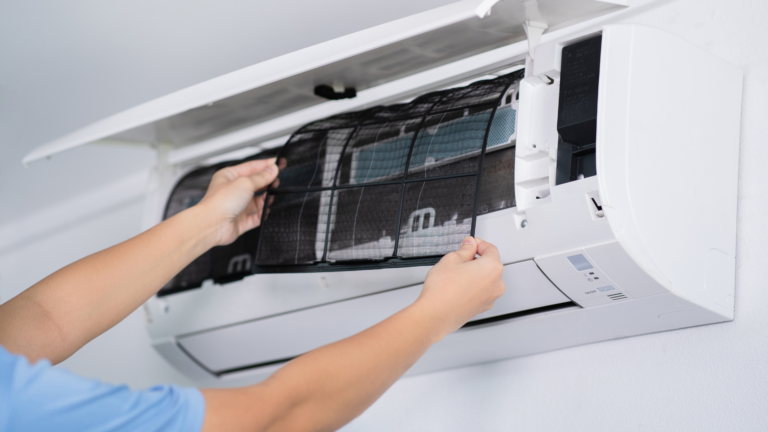
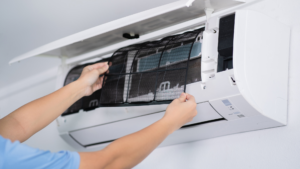
Summer is here, and with it comes the heat! As temperatures rise, we rely on our trusty air conditioning units to keep us cool and comfortable. However, there's nothing worse than turning on your AC, only to find that it's leaking and not working properly. Not only does this leave you hot and bothered, but it can also lead to expensive repairs and increased energy bills. But don't sweat it – with the right knowledge and preparation, you can prevent and fix a leaky AC to ensure a cool and comfortable summer. In this ultimate guide, we'll cover everything you need to know to keep your AC running smoothly, from identifying the signs of a leak to fixing the problem yourself or calling in a professional. So sit back, relax, and let's get started!
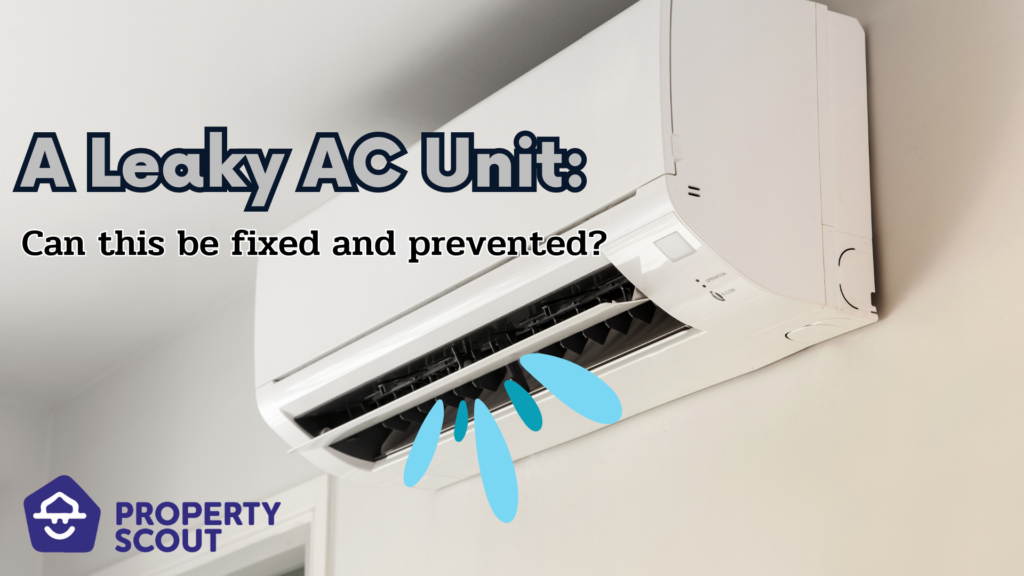
Signs of a Leaky AC Unit
A leaky AC unit can cause all sorts of problems, from water damage to increased energy bills. That's why it's important to catch a leak as soon as possible. In this section, we'll go over some common signs that your AC unit may be leaking. By knowing what to look out for, you can take action to prevent further damage and costly repairs.
How to tell if your AC is leaking
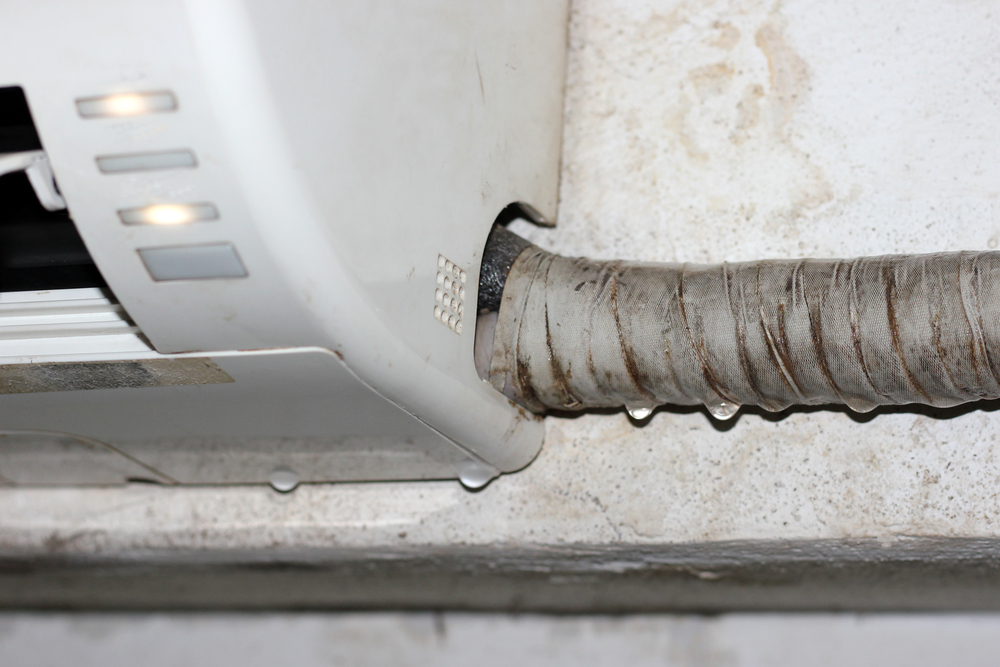
If you suspect that your AC is leaking, there are a few telltale signs to look out for. One of the most common indicators of a leak is water pooling around the AC unit or dripping sounds coming from the unit. You may also notice ice buildup on the evaporator coils or weak and warm airflow from the vents. Additionally, keep an eye on your energy bills – if you notice a sudden and unexplained spike in your bill, it could be a sign of a leaky AC. If you notice any of these symptoms, it's important to take action quickly to prevent further damage and costly repairs.
Common causes of AC leaks
There are several common causes of AC leaks. One of the most frequent causes is a clogged or dirty air filter, which can cause ice buildup on the evaporator coils and eventually lead to a leak. Another common cause is a damaged or rusted drain pan, which can crack and allow water to escape. A refrigerant leak can also cause water to leak from the unit. Additionally, improper installation or maintenance can lead to leaks. Regular maintenance and inspections can help prevent these issues and ensure your AC unit runs smoothly.
Preventing AC Leaks
Prevention is key when it comes to a leaky AC unit. By taking a few simple steps, you can avoid costly repairs and keep your home cool and comfortable all summer long. In this section, we'll cover some tips for preventing AC leaks, from regular maintenance to DIY solutions. We'll also discuss the importance of professional inspections and upkeep. By following these tips and best practices, you can keep your AC unit running smoothly and avoid any potential leaks.
Tips for preventing AC leaks
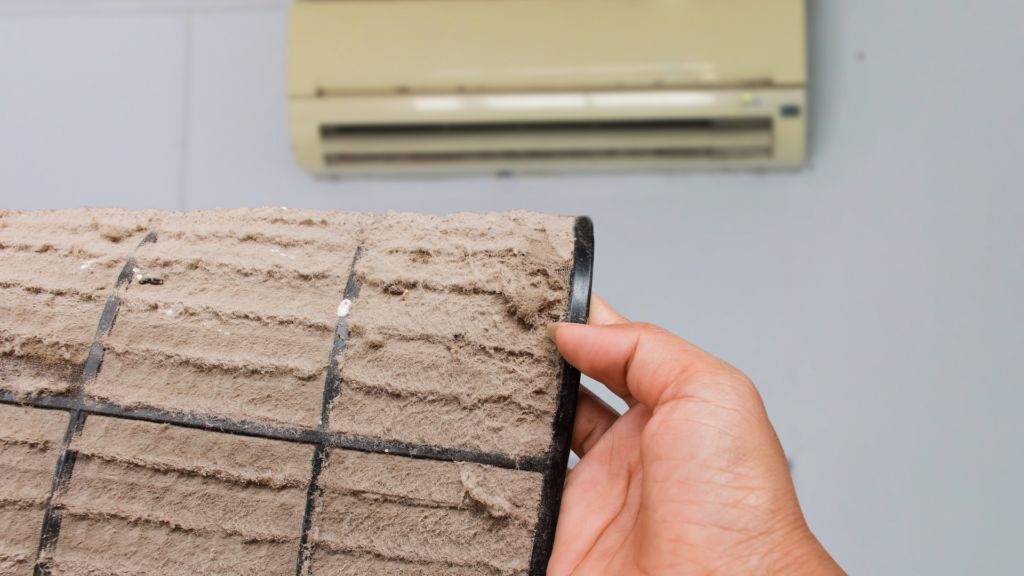
There are several tips for preventing AC leaks. One of the most important is to regularly change your air filter, as a dirty or clogged filter can cause ice buildup on the evaporator coils and lead to leaks. You should also keep the area around your AC unit clear and free of debris. Additionally, scheduling regular maintenance and inspections by a professional can catch any potential issues before they become major problems. In addition to these steps, you can also consider installing a float switch or condensate pump to help prevent overflow and leaks. By taking these preventative measures, you can ensure your AC unit runs smoothly and avoid costly repairs.
Why Professional Maintenance and Inspection Matters
Professional AC leak maintenance and inspections are important for several reasons. A trained professional can catch potential issues before they become major problems, saving you money in the long run. During an inspection, the technician can check for things like a damaged drain pan or refrigerant leaks, which can cause water to leak from the unit. They can also clean the coils and ensure proper airflow, which can help prevent ice buildup and leaks. In addition, a professional can provide guidance on best practices for upkeep and preventative maintenance, such as how often to change the air filter.
Fixing a Leaky AC
A leaky AC unit can cause all sorts of problems, from water damage to decreased efficiency. If you've noticed signs of a leak or have confirmed that your AC unit is leaking, it's important to take action quickly to prevent further damage. In this section, we'll go over some solutions for fixing a leaky AC unit. We'll cover both DIY solutions and when it's best to call in a professional. We'll also discuss cost considerations and how to budget for potential repairs. By following these tips and best practices, you can fix a leaky AC unit and ensure your home stays cool and comfortable.
DIY Remedies
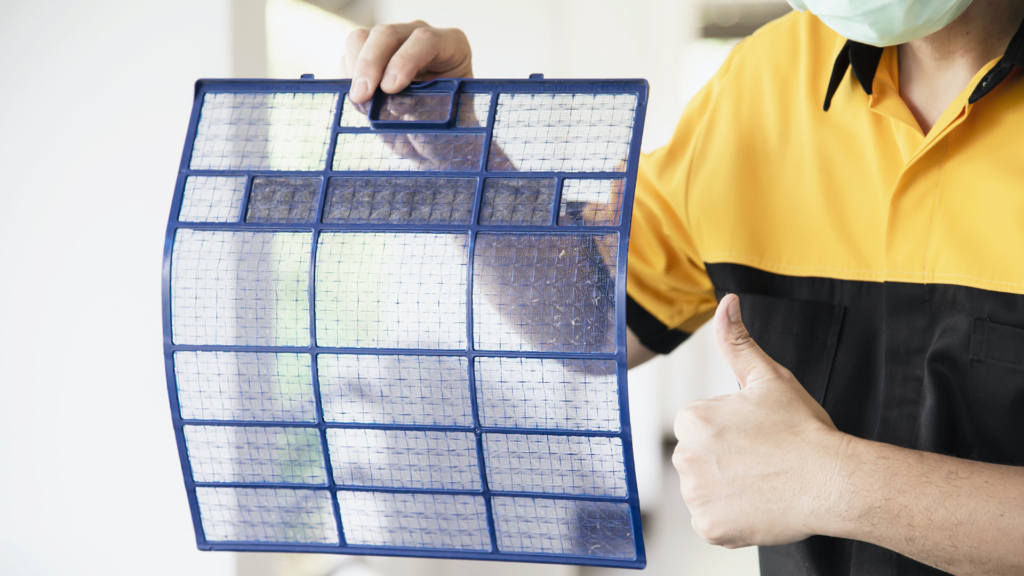
There are several DIY remedies for fixing a leaky AC unit. If the cause of the leak is a clogged air filter or dirty coils, you can try cleaning or replacing the filter or using a coil cleaner. You can also check the drain pan for damage or cracks and replace it if necessary. Additionally, checking and tightening any loose fittings or connections can help prevent leaks. However, it's important to note that attempting more complex repairs without proper training and experience can be dangerous and potentially make the problem worse. If you're unsure or uncomfortable with a DIY fix, it's best to call in a professional.
Time to call in a professional
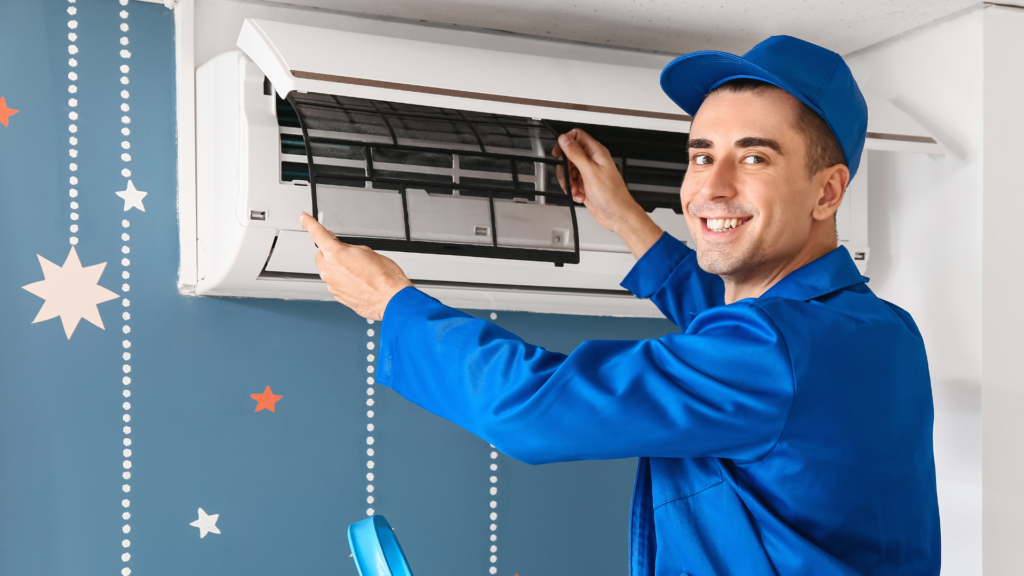
While there are some DIY solutions for fixing a leaky AC unit, there are also times when it's best to call in a professional. If you've tried basic troubleshooting and the leak persists or worsens, it's time to call in an expert. Additionally, if you're unsure of the cause of the leak or if the issue involves more complex repairs, such as a refrigerant leak or a damaged compressor, it's best to leave it to a trained professional. Attempting repairs without proper training can be dangerous and potentially cause more damage to your unit. Finally, if your AC unit is still under warranty, attempting repairs on your own can void the warranty. By calling in a professional, you can ensure your AC unit is fixed safely and effectively.
Cost Considerations for Repairs

The cost of repairing a leaky AC unit can vary depending on the severity and cause of the leak. DIY remedies, such as cleaning or replacing the air filter or drain pan, can be relatively inexpensive. However, more complex repairs, such as fixing a refrigerant leak or replacing a damaged compressor, can be costly. In addition, the cost of hiring a professional can also vary depending on the complexity of the repair and the geographic location. It's important to budget for potential AC repairs and to consider the cost-benefit of repairing versus replacing the unit. Additionally, regular maintenance and inspections can help catch potential issues early and prevent costly repairs down the line.
Conclusion
In conclusion, a leaky AC unit can be a frustrating and potentially costly problem. However, by following the tips and best practices outlined in this guide, you can prevent and fix AC leaks and ensure a cool and comfortable summer. Remember to stay on top of regular maintenance and inspections, address any issues as soon as they arise, and don't hesitate to call in a professional when necessary. By taking these steps, you can keep your AC unit in top condition and enjoy a worry-free summer. Stay cool, and don't sweat it!
Find your ideal property, available for sale or rent in the best prices possible, or list your property for sale or rent here. Alternatively, if you have any further questions, please get in touch with us:



